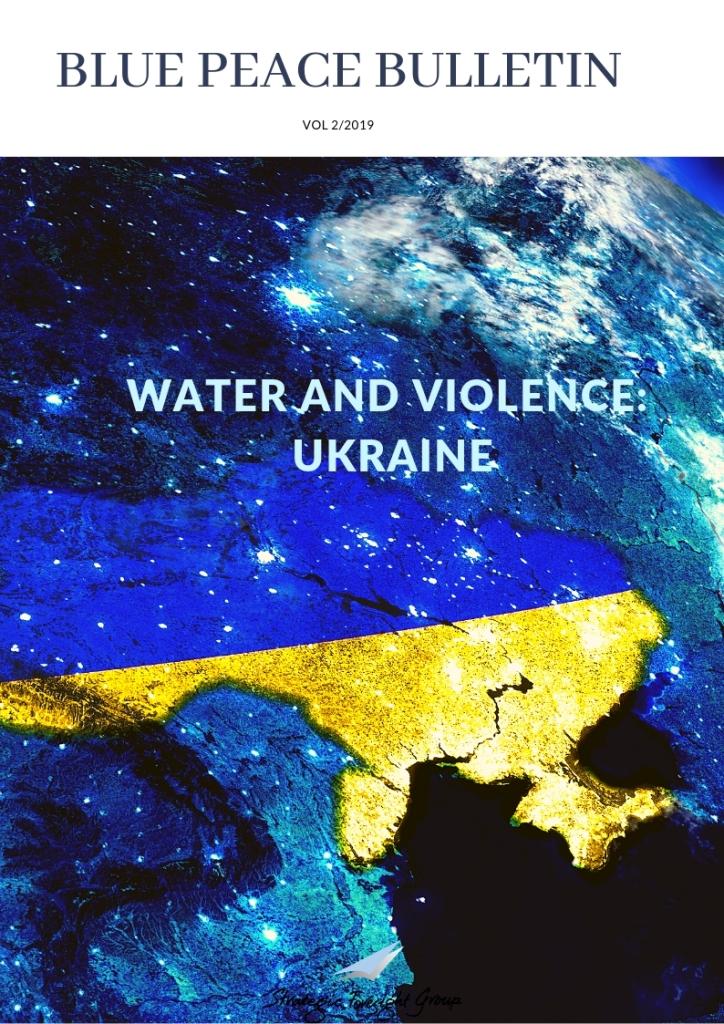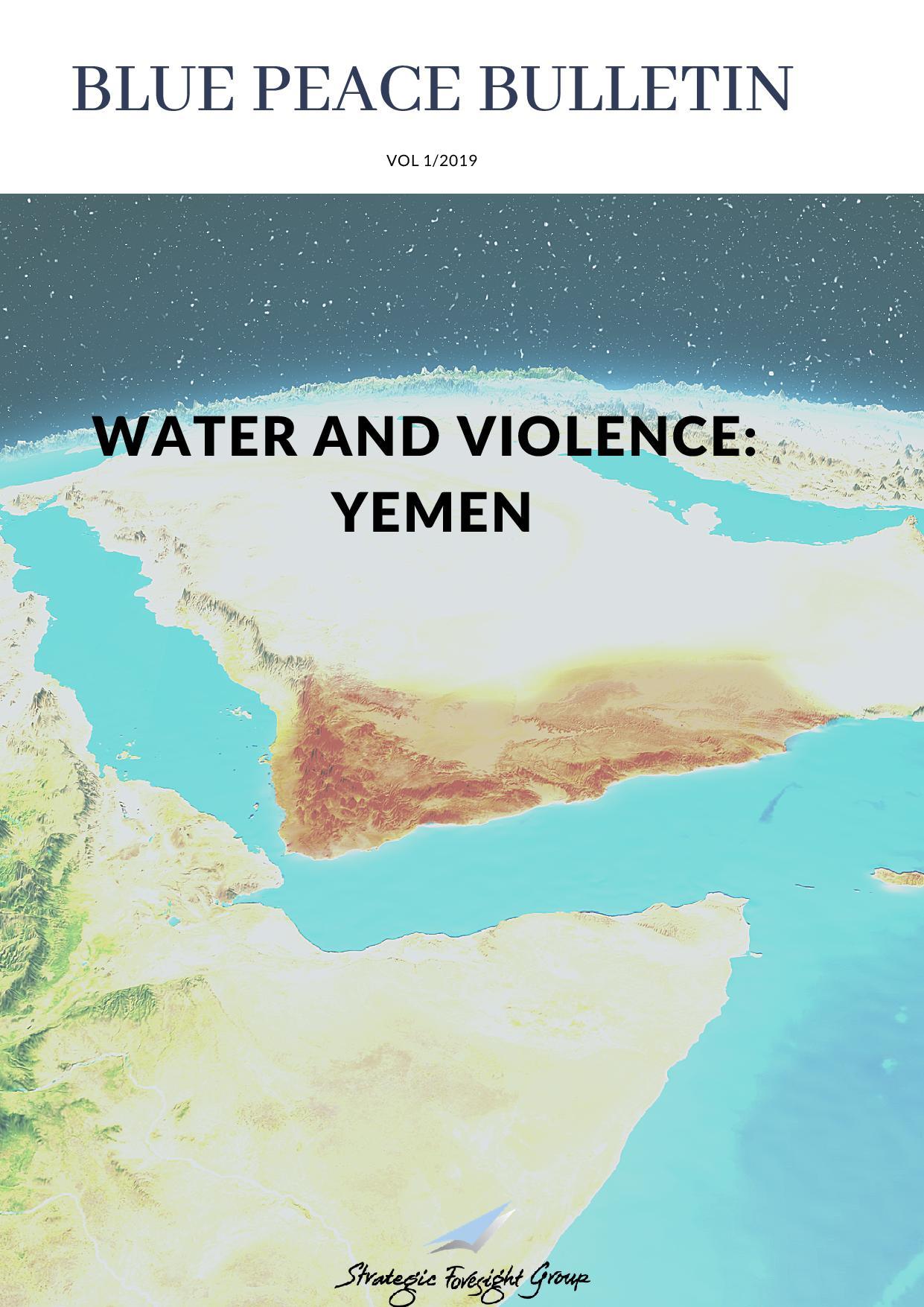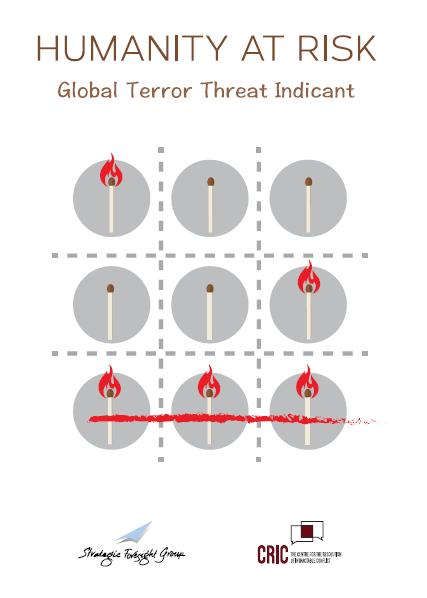Is No News Really Good News: Peace between Israel and Palestine in 2009
|
|
November , 2008
By Gitanjali Bakshi
|
There are currently three main obstacles in the way of an Israel-Palestine roadmap to peace �€“ A factional split within the Palestinian administration, the instability currently plaguing Israeli politics and the uncertainty of the future U.S. administration�€™s stance on what many consider to be the central tenet of Mid-East peace. The last few weeks have witnessed some disappointing developments in all three of these areas, leading to a rather moribund picture of future peace negotiations between Israel and the Palestinian entity.
To begin with, conciliatory talks between the Hamas and Fatah factions within Palestine have come to what seems to be a screeching halt. Despite insistent remarks by both sides that peace talks have not collapsed but have simply been deferred, the fact remains that Egyptian brokered negotiations have been postponed twice already due to obvious disagreements. The two rival Palestinian blocs have voiced their discontent in the media about recent political prisoner exchanges, they have bickered over the extension of Mahmoud Abbas�€™ presidential term and they have both accused each other of being funded and influenced by external actors.
The peace proposal produced by Cairo aimed to create a transitional government acceptable to all parties as well as restructure the Palestinian security forces under Arab oversight �€“ thereby dealing with contentious issues that led to the Gaza-West Bank split in the first place. However negotiations based on this proposal, last set for November 9th, have been postponed indefinitely. Who knows if Fatah and Hamas will meet before the year end and whether the Egyptian proposal will stand the test of time.
One thing is certain however �€“ President Mahmoud Abbas�€™ four year term technically expires on the 8th of January 2009 and unless the two most important parties currently in Palestinian politics agree upon an extension and subsequent synchronization of Presidential and Legislative elections in 2010, there will be utter pandemonium in the occupied territories.
Overall the situation for reconciliation between Hamas and Fatah does not look promising but without a unity government at the helm of affairs in Ramallah it will be impossible to mount any considerable effort against continued Israeli occupation and the crippling blockade over Gaza.
As for the Israeli side of the peace-coin, all efforts towards a possible land for peace proposal were flung out the door when foreign minister Tzipi Livni and her center Kadima party failed to form a sizeable coalition government in October. This development has brought Israeli politics back to the drawing board, with 2009 elections ushering in a period of pandering to the public whim. It has been a proven fact in past Israeli politics that any talk of compromise on the Palestinian territories is strictly taboo during the campaign process. Peace deals have worked more for outgoing heads of state in Israel, rather than incoming ones.
Besides, two out of three contenders for the post of PM in the upcoming elections do not have the best records when it comes to the peace process. Likud party head Benjamin Netanyahu will never stand for a division of the occupied territories, especially not Jerusalem, thus dashing all hopes of a two-state solution and his last term in office has been categorized as the period in which the �€œOslo agreement received its mortal blow.�€ In addition, Israeli polls conducted in May 2008 portend a bleak future for peace negotiations between Israel-Palestine with Netanyahu�€™s hard-line Likud party winning a clear majority of seats in parliament during these polls.
Our next contender Ehud Barak is known for his hawkish position in the three decade long conflict between Israelis and the Palestinians and his recently orchestrated incursion into the Gaza strip when the rest of the world stood focused on the US presidential elections displays him in a less than favorable light when it comes to the future peace processes.
Even foreign minister Tzipi Livni refrained from any bold statements in favor of the peace process during recent negotiations held in Sharm El Sheikh. Livni made it very clear in interviews to the Israeli press that she would not be presenting any dramatic reports on progress and that her main aim was to keep international pressure off Israel as the elections approached. Perhaps the only beacon of peace in current Israeli politics is President Shimon Peres but whether he will be able to carry the newly elected parliament towards a possible peace deal with the Palestinians, yet remains to be seen.
Finally the last hurdle in the pathway of Israel-Palestine peace negotiations is the current U.S. President elect and his administrations�€™ approach to the Middle East. With the U.S. as the top facilitator and sponsor of the peace process, the region waits with bated breath, refusing to move forward without the U.S. at the helm. The current appointment of Rahm Emanuel as chief of staff was surprisingly faced with skepticism within both Arab and Jewish quarters. Although Rahm is the son of an ex-Irgun militia supporter and has voiced his opposition towards Hezbollah and Hamas as totalitarian entities, he is considered to be a skeptic by his Jewish counterparts in Israel and during his time under the Clinton administration he forged ties with Rabin�€™s aides�€�not Netanyahu�€™s. In any case the chief of staff was chosen for his expertise on domestic issues in order to deal with the current financial crisis.
The two most important posts that we need to look at as indicators to future US-Middle East policy are the Secretary of State and the Secretary of Defense currently held by Condoleezza Rice and Robert Gates respectively. Some of the popular candidates for Secretary of State include Sen. John Kerry who propounded a theory of negotiation during his own presidential run, Sen. Chuck Hagel who follows a Reaganist theory of international politics but was one of the outspoken Republicans against the war in Iraq, Governor Bill Richardson a Nobel Peace Prize nominee and Sen. Richard Lugar who supports the down-sizing of military troops in Iraq and has extensive expertise in the field of nuclear disarmament.
Candidates for the Secretary of Defense position include Robert Gates himself although his reluctance towards unfettered negotiations with Iran seems incongruent with Obama�€™s message of change and dialogue, John Hamre who is currently president of the Center for Strategic and International Studies (CSIS) and wields much experience in war budgeting and rehabilitation efforts and Sen. Jack Reed who has made extensive trips to assess the situation in Iraq and was one of Obama�€™s close advisors on his trip to the Middle East.
All these choices seem reasonable but the point remains that whatever the outcome, we will still have to wait till January 20th 2009 before the new administration even comes into power let alone starts taking decisions that will influence the region. Secondly we all know that the financial crisis currently stands as the top most priority on the U.S. �€˜to do list�€™ right now. With over 240,000 jobs lost in October alone pushing the unemployment rate to 6.5%, it comes as no surprise that the Middle East will just have to wait in line.
The end of 2008 marks the end of a benign and desperate endeavor for peace in the Middle East, known as Annapolis and resumption of hostilities between Hamas and Israel. So what do we have to look forward to? - Further friction between Hamas and Fatah, a potential regression in peace efforts in Israel and a cautious and frankly terribly busy US administration? If we continue along this trajectory in 2009 it could be detrimental to the Israeli-Palestinian peace process and the potential for a two-state solution.
Related Publications
Related latest News
Related Conferences Reports
-

P5 Experts Roundtable on Nuclear Risk Reduction
Download:Geneva Roundtable Report
-

Roundtable on Global Security and Catastrophic Risks
Download:Report on RT revise





